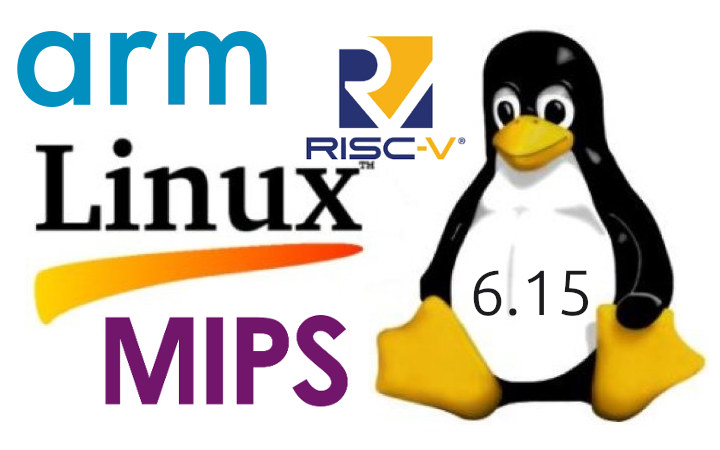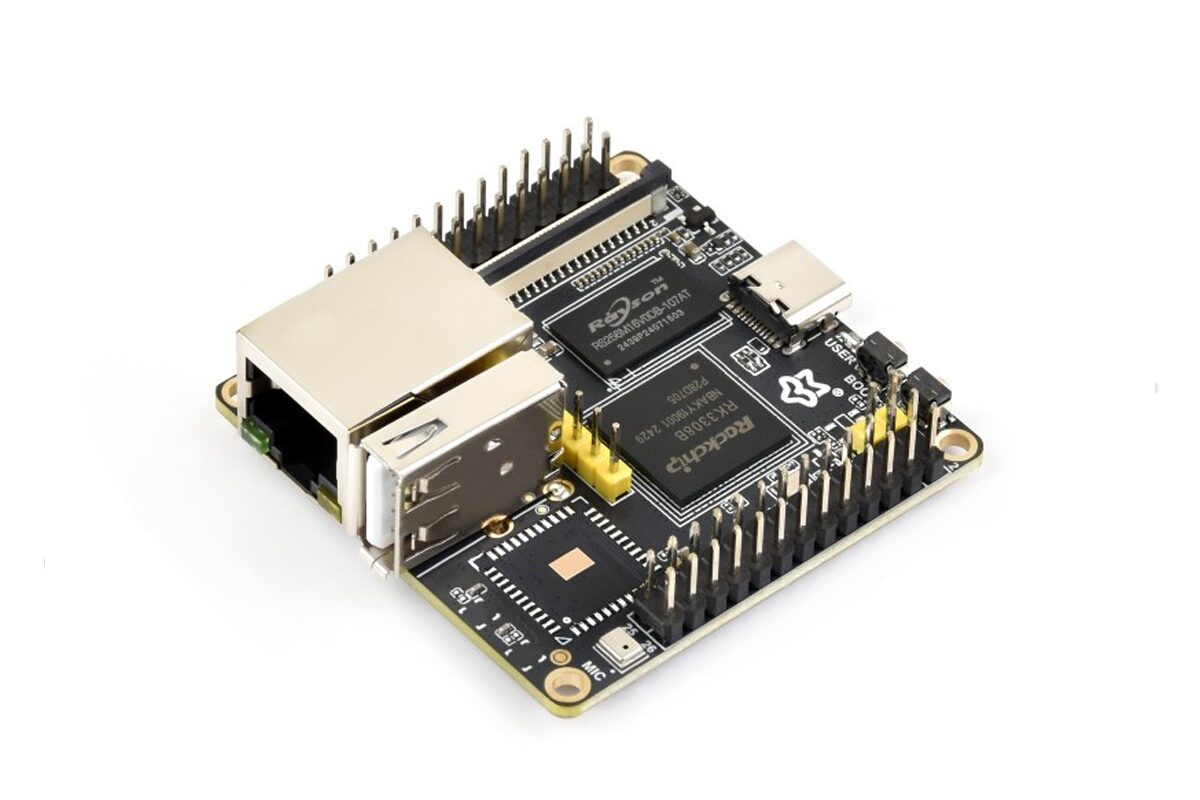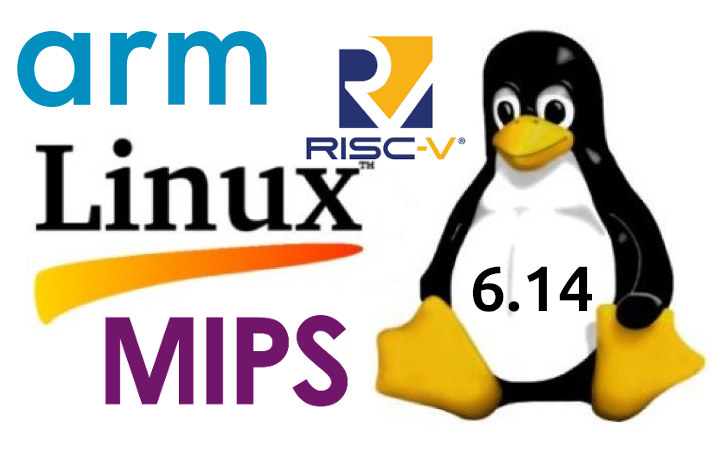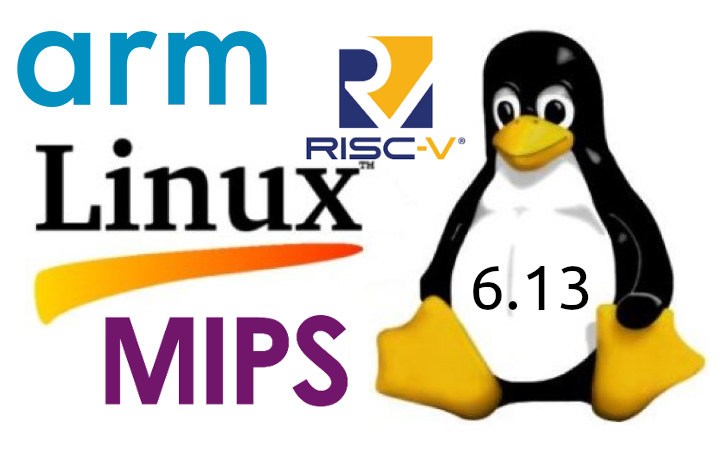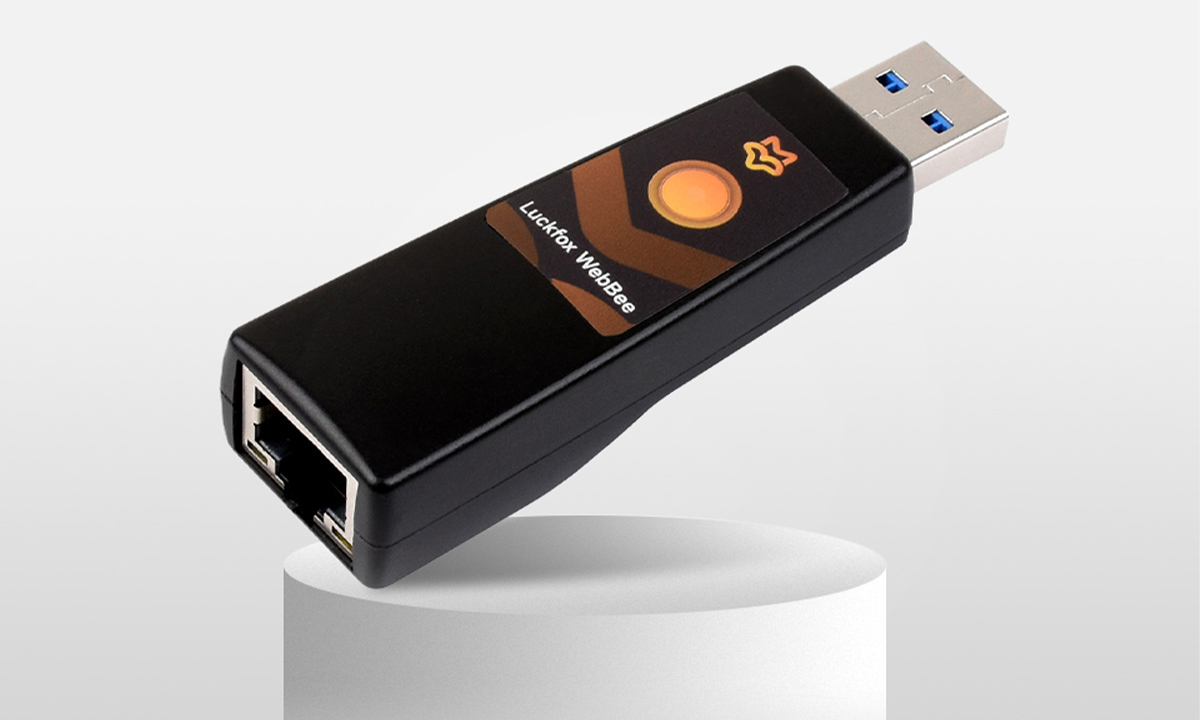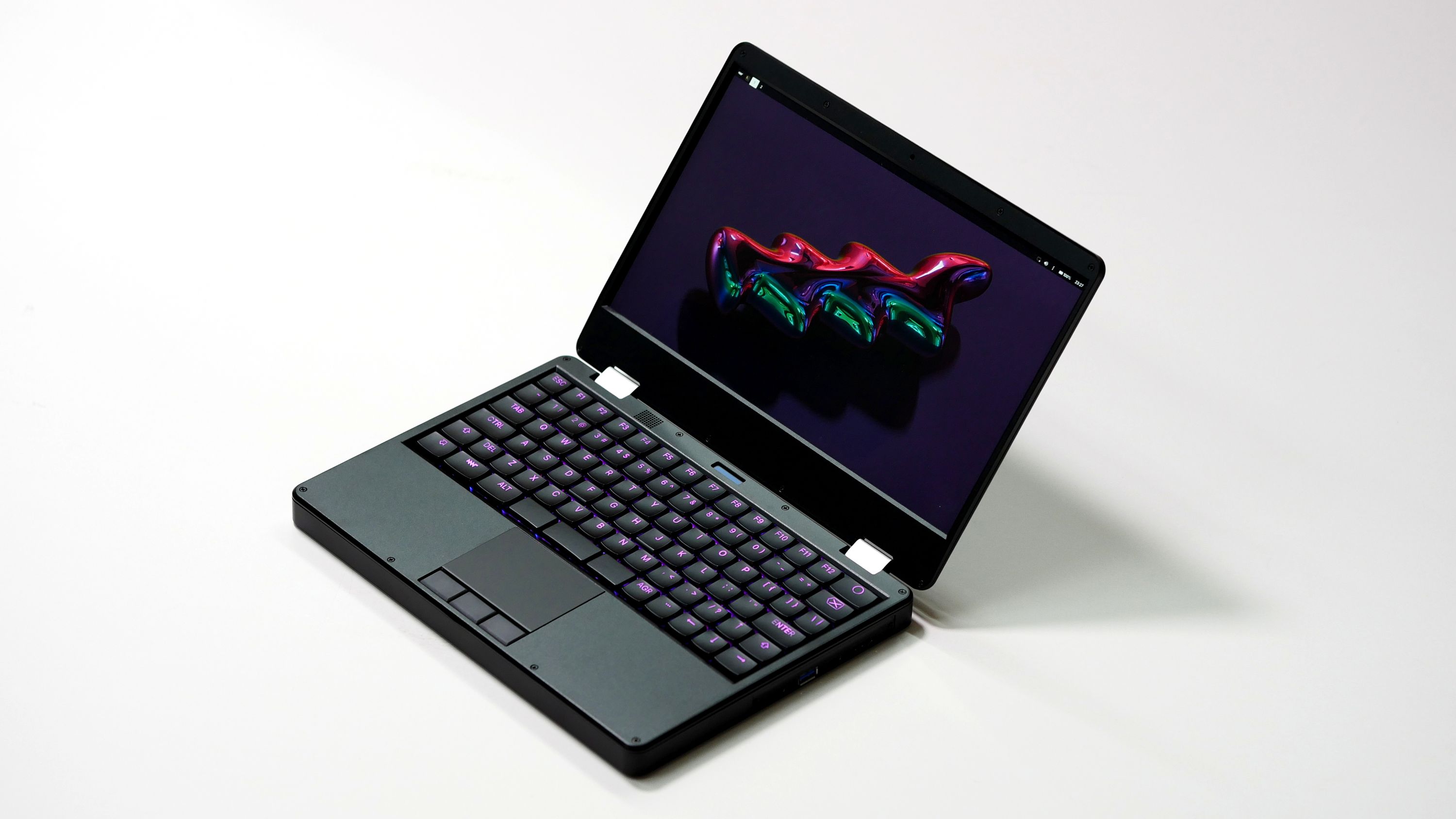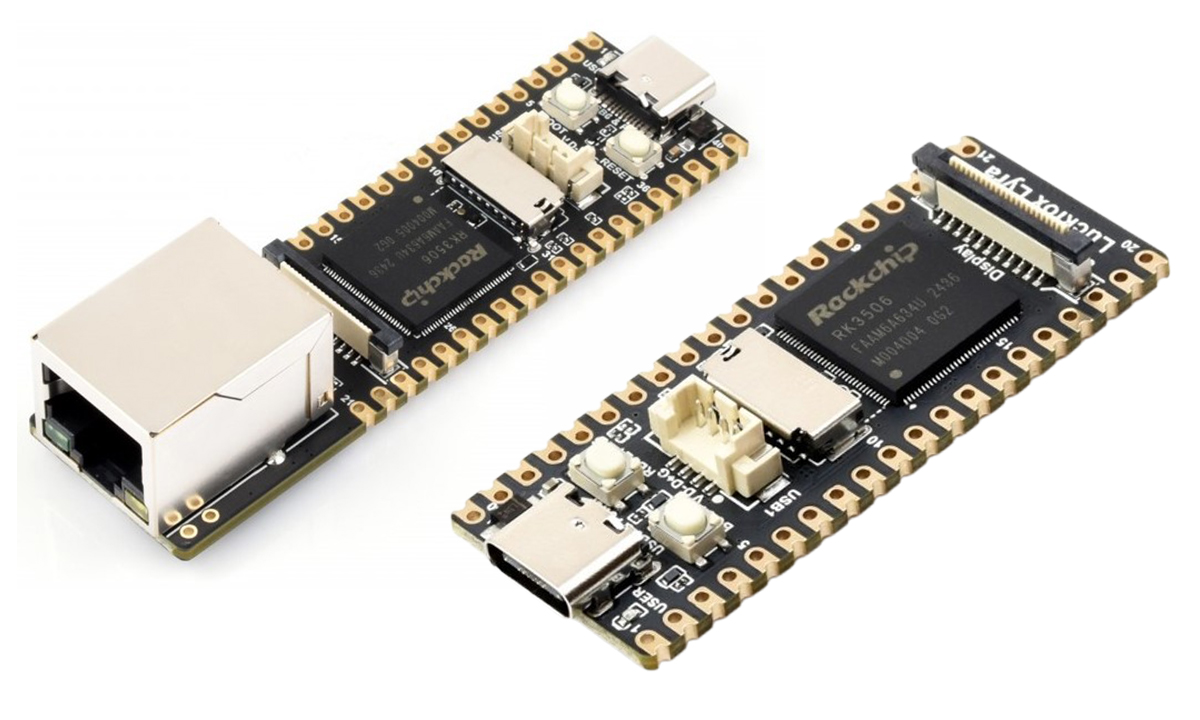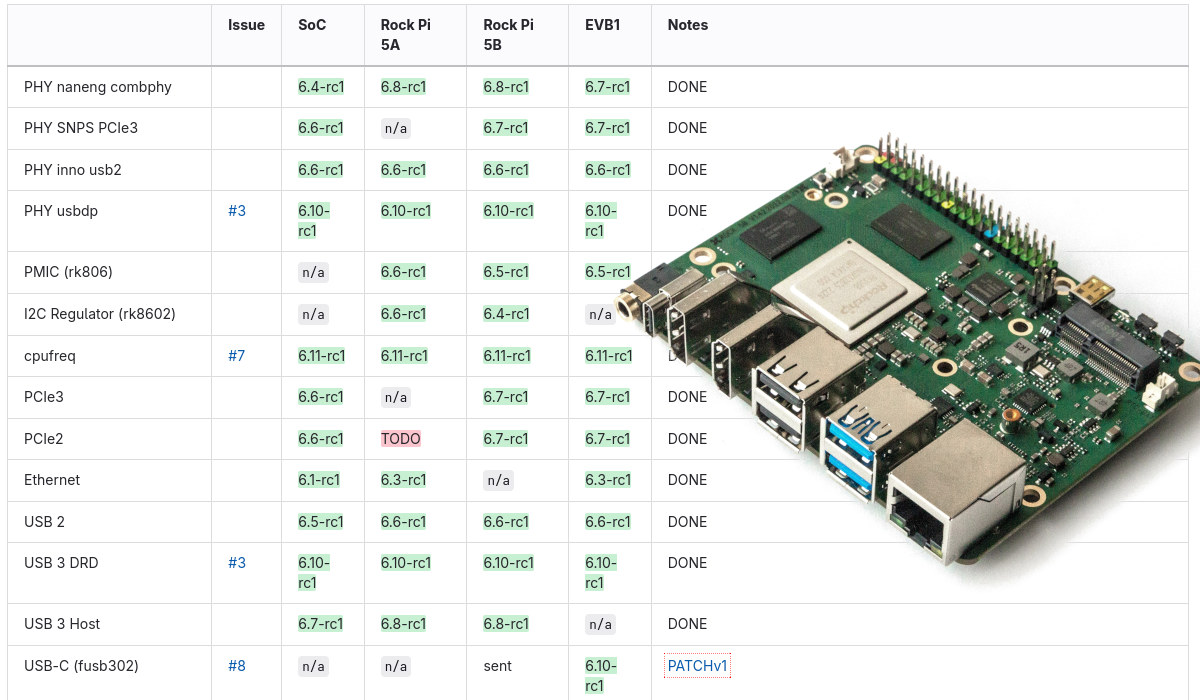Linus Torvalds has just announced the release of Linux 6.15: So this was delayed by a couple of hours because of a last-minute bug report resulting in one new feature being disabled at the eleventh hour, but 6.15 is out there now. Apart from that final scramble, things looked pretty normal last week. Various random small fixes all over, with drivers as usual accounting for most of it. But we’ve got some bcachefs fixes, some core networking, and some mm fixes in there too. Nothing looks particularly scary. And this obviously means that the merge window opens tomorrow as usual, and I see the usual people being proactive and having sent me their pull requests. It’s memorial day tomorrow here in the US, but like the USPS, “neither snow nor rain nor heat nor gloom of night” – nor memorial day – stops the merge window. [ Actually, thinking back […]
Luckfox Nova Audio IoT board features 8-channel mic input, voice activity detection, and PoE
Luckfox has recently released the Luckfox Nova Audio IoT board built around the Rockchip RK3308B quad-core 64-bit Arm Cortex-A35 SoC clocked at up to 1.3GHz, and featuring 8-channel microphone inputs and voice activity detection (VAD). The board comes with 512MB DDR3 RAM, 8GB eMMC flash storage, and a microSD card slot. It also features dual 26-pin GPIO headers that support UART, SPI, I2C, and more. The Luckfox Nova is also equipped with a PoE-capable Ethernet RJ45 port, and optionally supports Wi-Fi 6 and Bluetooth 5.2/BLE. Other onboard interfaces include a USB Type-C port for power and programming, a speaker, microphone headers, and more. All these features and various I/O options make this device suitable for applications where multi-channel audio capture, voice recognition, and real-time audio signal processing are required. Luckfox Nova specifications: SoC – Rockchip RK3308B Quad-core 64-bit Arm Cortex-A35 @ up to 1.3GHz Integrated high-performance audio codec Built-in Voice Activity […]
Linux 6.14 release – Main changes, Arm, RISC-V, and MIPS architecture
Linus Torvalds has just announced the release of Linux 6.14 on LKML: So it’s early Monday morning (well – early for me, I’m not really a morning person), and I’d love to have some good excuse for why I didn’t do the 6.14 release yesterday on my regular Sunday afternoon release schedule. I’d like to say that some important last-minute thing came up and delayed things. But no. It’s just pure incompetence. Because absolutely nothing last-minute happened yesterday, and I was just clearing up some unrelated things in order to be ready for the merge window. And in the process just entirely forgot to actually ever cut the release. D’oh. So yes, a little delayed for no good reason at all, and obviously that means that the merge window has opened. No rest for the wicked (or the incompetent). Below is the shortlog for the last week. It’s nice and […]
Linux 6.13 Release – Main changes, Arm, RISC-V, and MIPS architectures
Linus Torvalds has just announced the release of Linux 6.13 on the Linux Kernel Mailing List: So nothing horrible or unexpected happened last week, so I’ve tagged and pushed out the final 6.13 release. It’s mostly some final driver fixes (gpu and networking dominating – normal), with some doc updates too. And various little stuff all over. The shortlog is appended for people who want to see the details (and, as always, it’s just the shortlog for the last week, the full 6.13 log is obviously much too big). With this, the merge window for 6.14 will obviously open tomorrow. I already have two dozen pull requests pending – thank you, you know who you are. Linus Release about two months ago, Linux 6.12 – the new LTS version – brought us real-time “PREEMPT_RT” support that had always required out-of-tree patchsets until now, the completion of the EEVDF (Earliest Eligible […]
Luckfox Pico WebBee – A Rockchip RV1103 USB & Ethernet development board for web servers, scripting, and Smart Home applications
Luckfox has launched the Pico WebBee, a Linux-based micro development board powered by the Rockchip RV1103 Cortex-A7 SoC with 64MB of on-chip RAM. Externally, the Pico WebBee resembles a USB dongle enclosed in an ABS case with a USB Type-A port and a 100Mbps Ethernet RJ45 port. Additionally, it includes an internal microSD card slot and a boot button. The board is designed for applications such as lightweight web servers, USB scripting tools, and smart home devices. It’s not quite the first Rockchip RV1103 solution from Luckfox, as we previously covered the Luckfox Pico Mini Arm Linux camera board and the Luckfox Pico Plus camera board with an Ethernet port. The Pico WebBeee is quite different in its form factor (it’s a complete device), and it also lacks a camera interface. Luckfox Pico WebBee specifications: SoC – Rockchip RV1103 G1 CPU – Single-core Arm Cortex-A7 processor @ 1.2GHz + RISC-V […]
MNT Reform Next is an open-source, RK3588-powered modular 12.5-inch laptop (Crowdfunding)
The MNT Reform Next brings the Rockchip RK3588 processor to the modular laptop series. It retains the open-hardware nature of the older MNT Reform and introduces a lighter and more modular design, complete with a much faster processor. The MNT Reform Next separates the three port boards from the main motherboard, allowing for greater customization and modification than its predecessors. The standard processor module (RCORE) can be swapped with other modules such as the Raspberry Pi CM4, as well as NXP i.MX 8M Plus, NXP LayerScape 1028A, and AMD Kintex-7 FPGA modules. Like the classic MNT Reform and the MNT Pocket Reform, the enclosure for the Reform Next is milled from anodized, bead-blasted aluminum. Apart from being repairable and customizable, the RK3588 modular laptop is powerful enough to be a daily driver for browsing, writing, programming, gaming, graphics design, sound creation, and video editing. MNT Reform Next specifications: SoM SoC […]
Luckfox Lyra boards feature Rockchip RK3506G2 triple-core SoC, display interface, optional Ethernet port
The Luckfox Lyra boards feature a Rockchip RK3506G2 triple-core Arm Cortex-A7 SoC with one Cortex-M0 real-time core, 128MB on-chip DDR3, a MIPI DSI display interface, and built on a 22nm process. Three versions are available with the Luckfox Lyra, Lyra B (with 256MB flash), and Luckfox Lyra Plus offering similar features, but the longer Plus model also adds a 10/100Mbps Ethernet RJ45 connector besides having 256MB SPI NAND flash. These are Luckfox’s first boards featuring the RK3506G2 processor, offering Ethernet connectivity and a display interface. But it’s not quite the first Arm Linux board from the company with Ethernet and a display interface, and we covered the Luckfox Pico Ultra micro development board all based on a Rockchip RV1106G3 SoC earlier this year. The company also introduced the similar-looking LuckFox Pico Pro and Pico Max boards powered by an RV1006G2 SoC in February, but instead of a display interface, they […]
Rockchip RK3588 mainline Linux support – Current status and future work for 2025
The Rockchip RK3588 is one of the most popular Arm SoCs for single board computers, and while good progress has been made with regards to mainline u-boot and Linux support, the SoC is quite complex and it takes time to port all its features even though it was first teased in 2020 and the first Rockchip RK3588 SBCs were introduced in 2022. While the simpler Rockchip RK3566 and RK3568 SoCs are already fairly well supported in mainline Linux, more work is needed to upstream code, and as noted before in posts and comments here, Collabora keeps track of the status on Gitlab, and the company recently posted an article about the progress and future plans related to upstream Linux support for Rockchip RK3588. Rockchip RK3588 mainline Linux progress in 2024 Linux 6.7 kernel – Network support on the Radxa ROCK 5B using a 2.5GbE PCIe controller. Linux 6.8 kernel – […]


